Berkshire County, located in the picturesque western region of Massachusetts, boasts a storied history that spans centuries.
From its colonial roots to its emergence as a cultural and artistic haven, Berkshire has played a pivotal role in shaping the heritage of Massachusetts and the nation.
Home to scenic landscapes, historic landmarks, and world-class cultural institutions, Berkshire County is a treasure trove of historical significance and cultural richness.
By delving into the history of Berkshire, we gain insight into the diverse tapestry of people, events, and influences that have shaped this vibrant and dynamic region.
From the Revolutionary War contributions to the Gilded Age splendor and beyond, Berkshire’s history is a testament to its residents’ resilience, innovation, and enduring spirit.
Berkshire Massachusetts History
Nestled in the picturesque region of western Massachusetts, Berkshire County boasts a vibrant history that spans centuries. From its colonial roots to its role in shaping American culture, Berkshire has witnessed pivotal events and movements.
Here are five critical pieces of historical evidence that illuminate the captivating history of Berkshire, Massachusetts:
Colonial Settlement and Native American Heritage
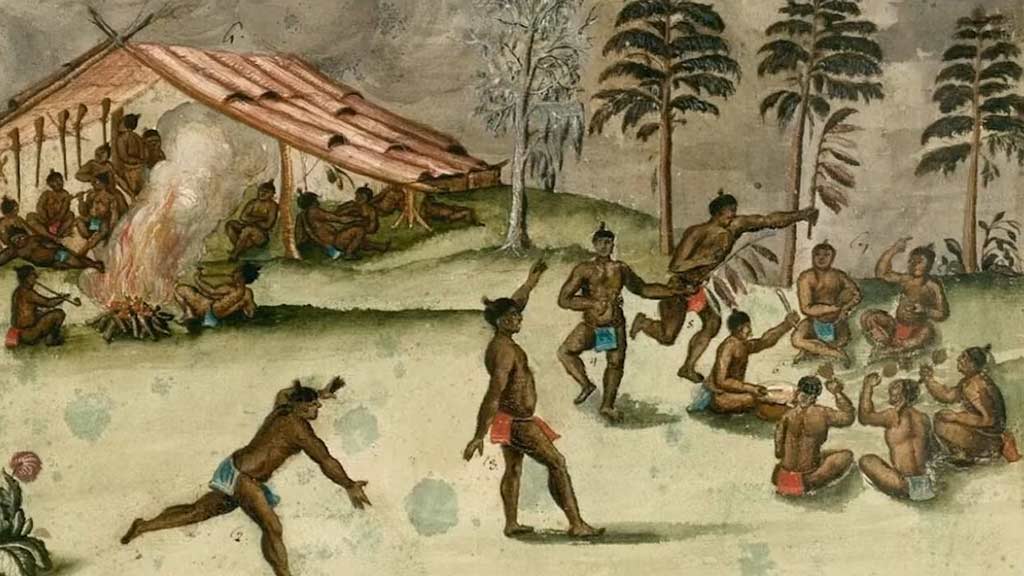
The history of Berkshire dates back to the colonial era when European settlers established settlements in the region. Before European arrival, Berkshire was inhabited by Native American tribes, including the Mohicans and the Mahican.
Evidence of Native American presence can be found in archaeological sites and artifacts scattered throughout the county as a reminder of Berkshire’s indigenous heritage.
Revolutionary War Contributions
During the American Revolutionary War, Berkshire played a significant role in the fight for independence. Pittsfield, located in Berkshire County, was a key hub of patriot activity, hosting militia gatherings and supplying troops for the Continental Army.
Berkshire residents contributed food, supplies, and manpower to the revolutionary cause, earning the county a place in the annals of American history.
Industrialization and Economic Growth
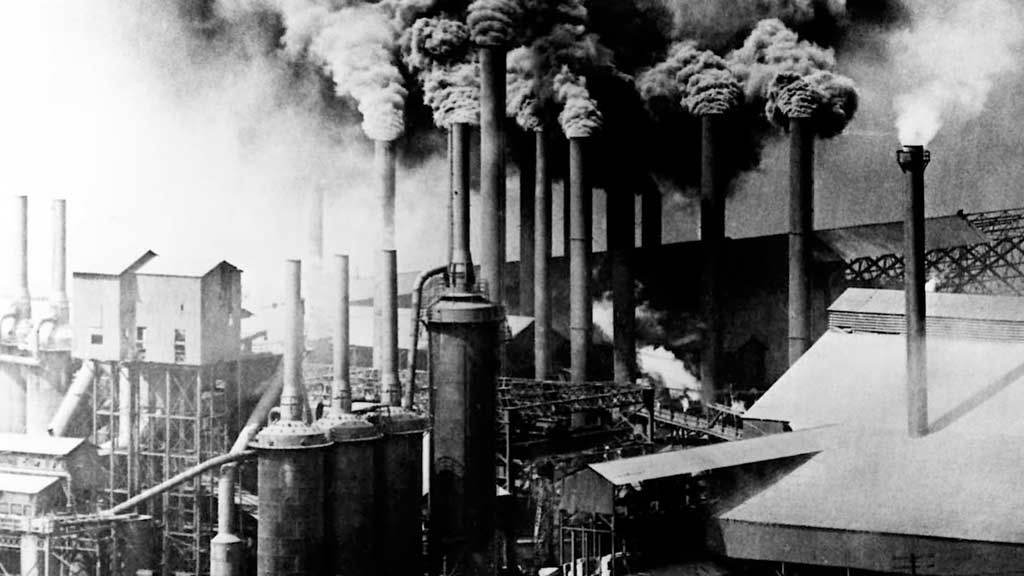
In the 19th century, Berkshire experienced a period of rapid industrialization and economic growth. The abundance of natural resources, including waterways and forests, fueled the development of industries such as textiles, paper manufacturing, and iron production.
Towns like North Adams and Adams became thriving industrial centers, attracting immigrants and laborers seeking employment in burgeoning factories and mills.
Cultural and Artistic Renaissance
Berkshire’s scenic beauty and tranquil landscapes have long been a source of inspiration for artists, writers, and musicians. In the late 19th and early 20th centuries, the county became a haven for intellectuals and creatives seeking refuge from urban life.
The establishment of institutions like Tanglewood, the summer home of the Boston Symphony Orchestra, and the Berkshire Museum enriched the region’s cultural fabric, fostering a renaissance of artistic expression and innovation.
Modern-Day Tourism and Recreation
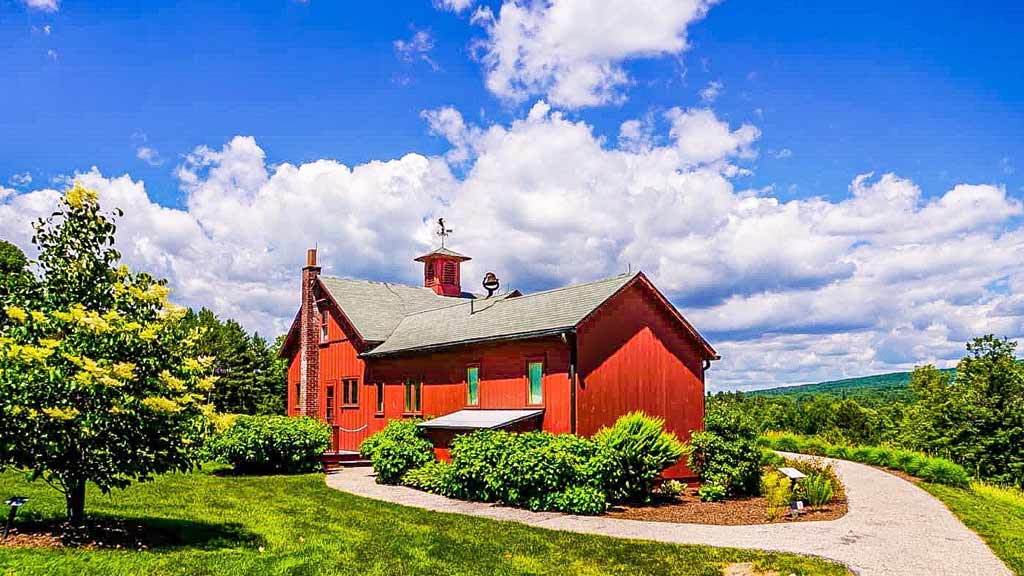
Today, Berkshire County is renowned for its vibrant arts scene, outdoor recreation opportunities, and historic landmarks.
Visitors flock to attractions such as the Norman Rockwell Museum, Hancock Shaker Village, and the Appalachian Trail, immersing themselves in Berkshire’s diverse cultural and natural heritage.
The county’s rich history continues to shape its identity as a premier destination for travelers seeking adventure, relaxation, and inspiration amidst the scenic beauty of western Massachusetts.
The Gilded Age Mansions
During the Gilded Age, Berkshire County became a favored destination for wealthy industrialists and magnates seeking to escape the hustle and bustle of city life.
Lavish estates and opulent mansions dotted the landscape, serving as summer retreats for prominent families such as the Vanderbilts, Carnegies, and Rockefellers.
These grand residences, including The Mount in Lenox and Ventfort Hall in Pittsfield, stand as architectural marvels, offering a glimpse into the extravagant lifestyles of America’s elite during this era of wealth and excess.
Cultural Institutions and Festivals
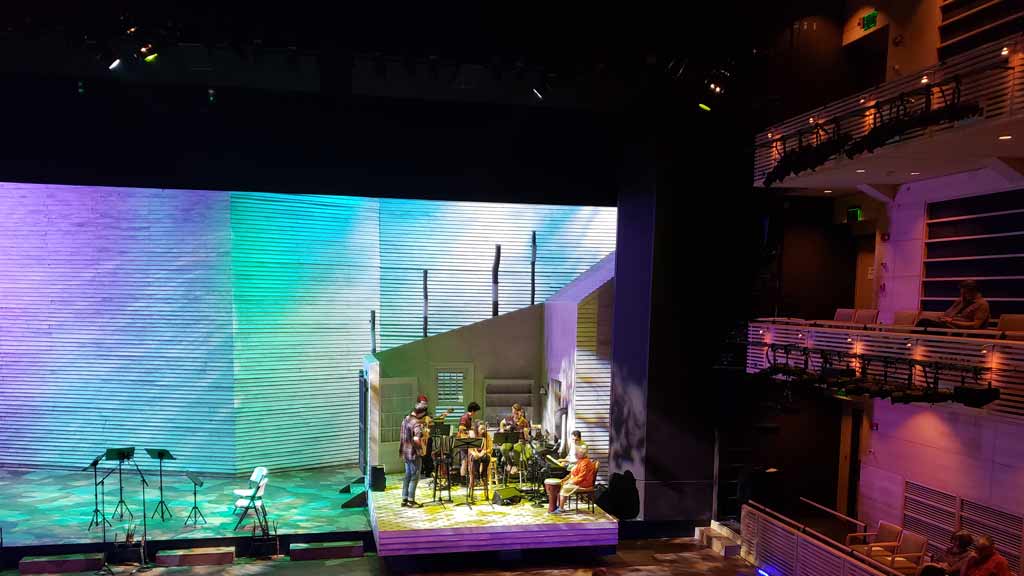
Berkshire County is home to various cultural institutions and festivals celebrating its artistic heritage and creative spirit.
The Williamstown Theatre Festival, Jacob’s Pillow Dance Festival, and Berkshire International Film Festival are examples of the county’s cultural offerings, attracting performers, artists, and audiences worldwide.
These cultural institutions enrich the community and contribute to Berkshire’s reputation as a hub of artistic excellence and innovation.
Civil Rights Movement
Berkshire County played a significant role in the Civil Rights Movement of the 20th century, with activists and community leaders advocating for racial equality and social justice.
The town of Great Barrington, the birthplace of W.E.B. Du Bois, became a focal point for civil rights activism, hosting gatherings and events that galvanized support for the cause.
Du Bois’ legacy inspires ongoing efforts to combat racism and promote inclusivity in Berkshire and beyond.
Environmental Conservation
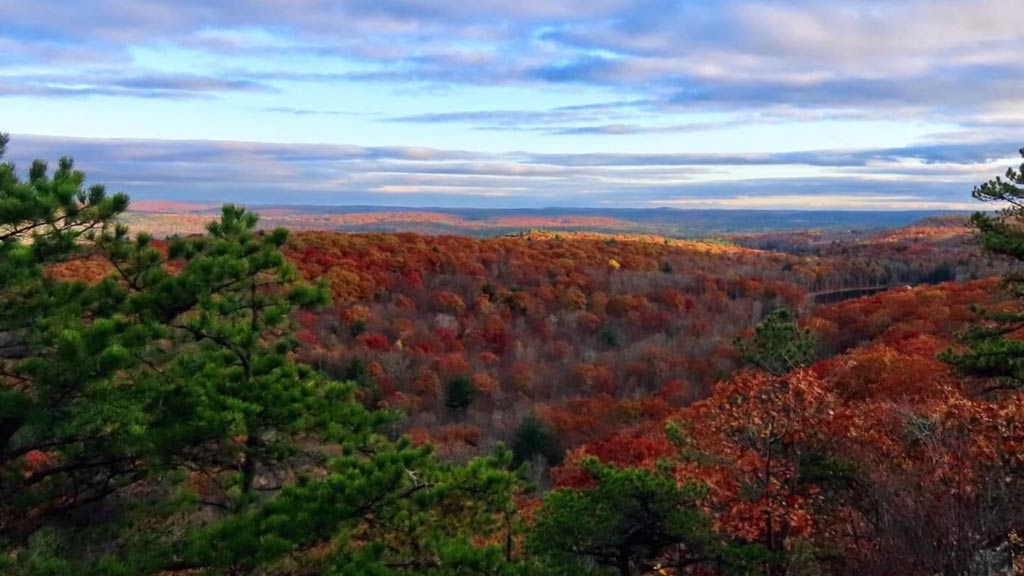
Berkshire County boasts diverse natural landscapes, including forests, mountains, and pristine waterways. Recognizing the importance of environmental conservation, residents and organizations have worked tirelessly to protect and preserve these precious resources.
Initiatives such as land trusts, conservation easements, and sustainable forestry practices ensure that Berkshire’s natural beauty remains intact for future generations.
Economic Revitalization and Innovation
In recent years, Berkshire County has experienced a revitalization and diversification of its economy, embracing new industries and opportunities for growth.
Initiatives such as the Berkshire Blueprint economic development plan and the Berkshire Innovation Center aim to foster innovation, entrepreneurship, and job creation in the region.
Through collaboration and forward-thinking initiatives, Berkshire County continues to evolve and thrive, building upon its rich history while embracing the challenges and opportunities of the modern era.
What Makes Berkshires Famous?
The Berkshires, nestled in western Massachusetts, are renowned for their stunning natural beauty, rich cultural heritage, and vibrant arts scene.
From scenic landscapes to world-class cultural institutions, the Berkshires offer diverse attractions that draw visitors from near and far.
Here are seven things that make the Berkshires famous:
Breathtaking Scenery
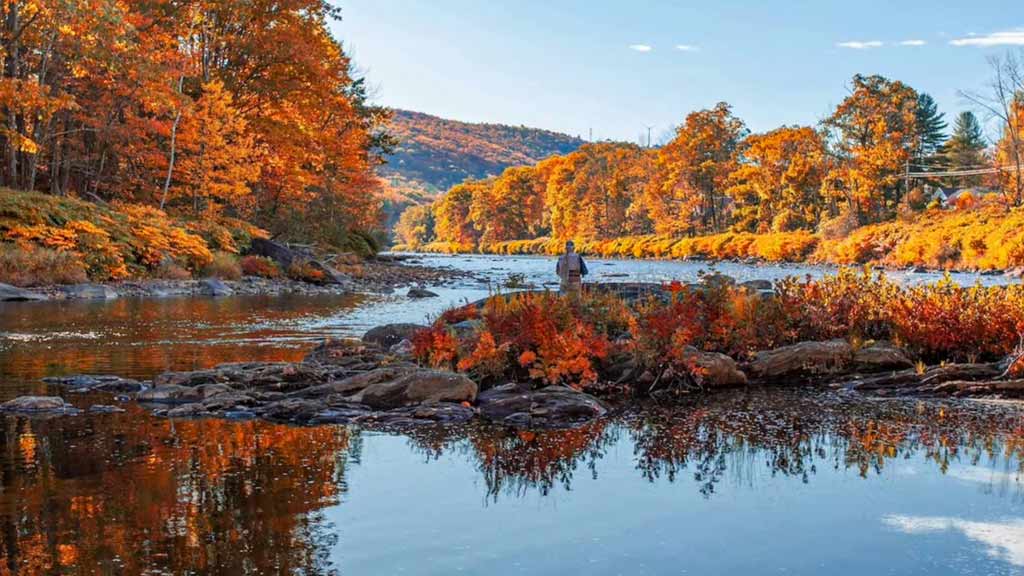
The Berkshires are characterized by rolling hills, picturesque valleys, and lush forests, making them a haven for outdoor enthusiasts and nature lovers.
From hiking along the Appalachian Trail to skiing at renowned resorts like Jiminy Peak and Ski Butternut, the Berkshires offer many recreational opportunities amidst breathtaking scenery.
Vibrant Arts and Culture
The Berkshires boast a thriving arts scene, with world-class cultural institutions such as Tanglewood, the summer home of the Boston Symphony Orchestra, and the Williamstown Theatre Festival, one of the nation’s premier regional theater companies.
Visitors can immerse themselves in a rich tapestry of performances, exhibitions, and festivals celebrating the Berkshires’ artistic heritage.
Historic Landmarks
Berkshire County is home to many historic landmarks that reflect its storied past. From the colonial-era architecture of Stockbridge to the Gilded Age mansions of Lenox, the Berkshires offer a fascinating glimpse into American history.
Landmarks such as The Mount, Edith Wharton’s former estate, and Hancock Shaker Village provide insight into the region’s cultural and architectural heritage.
Culinary Delights
The Berkshires are a culinary destination renowned for their farm-to-table dining scene and artisanal food producers.
From quaint cafes and bakeries to award-winning restaurants and breweries, the Berkshires offer diverse culinary experiences that showcase locally sourced ingredients and innovative flavors.
Outdoor Recreation
Outdoor enthusiasts flock to the Berkshires to explore its vast network of hiking trails, scenic drives, and recreational areas.
Whether kayaking on pristine lakes, fly-fishing in meandering rivers, or cycling along scenic byways, there’s no shortage of outdoor adventures in the Berkshires.
Wellness and Relaxation
The Berkshires are synonymous with relaxation and rejuvenation, thanks to their tranquil setting, world-class spas, and wellness retreats.
Visitors can unwind amidst serene landscapes, indulge in luxurious spa treatments, and practice mindfulness and meditation at wellness centers and yoga studios.
Seasonal Attractions
Throughout the year, the Berkshires offer seasonal attractions and events that showcase the region’s natural beauty and cultural heritage.
From fall foliage tours and apple picking in autumn to holiday festivities and winter sports in the snow-covered landscape, there’s always something to see and do in the Berkshires, no matter the season.
FAQs
What are some notable historical landmarks in Berkshire County?
Berkshire County boasts a wealth of historical landmarks, including The Mount (Edith Wharton’s former estate), Hancock Shaker Village, Arrowhead (Herman Melville’s home), and the Norman Rockwell Museum. These sites offer insight into Berkshire’s rich cultural heritage.
How did Berkshire County contribute to the Revolutionary War?
Berkshire County played a pivotal role in the Revolutionary War, with towns like Pittsfield serving as hubs of patriot activity. Berkshire residents contributed troops, supplies, and support to the cause of American independence.
What role does the arts scene play in Berkshire County’s history?
Berkshire County has a vibrant arts scene with world-class cultural institutions like Tanglewood, the Boston Symphony Orchestra’s summer home, and the Williamstown Theatre Festival. This rich artistic heritage has drawn creatives and audiences to the region for generations.
How has Berkshire County evolved over time?
Berkshire County has evolved from its colonial roots to become a cultural and recreational destination. While its historical landmarks and traditions are preserved, the county embraces innovation and diversity, ensuring a dynamic future.
How can visitors explore Berkshire County’s history?
Visitors can explore Berkshire County’s history by visiting its museums, historic sites, and cultural attractions. Guided tours, exhibits, and educational programs offer opportunities to delve into the region’s rich heritage and learn about the people and events that shaped Berkshire’s history.
Conclusion
As Berkshire County continues to evolve and thrive, its rich history remains integral to its identity and charm.
From the colonial settlements and Native American heritage to the vibrant arts scene and scenic beauty, Berkshire’s history is a source of pride and inspiration for residents and visitors alike.
By preserving and celebrating its cultural heritage, Berkshire ensures that the stories of the past are not forgotten but rather cherished and passed down to future generations.
As we reflect on Berkshire’s history, we are reminded of the resilience, creativity, and perseverance of those who have called this region home.
Through continued exploration and appreciation of Berkshire’s history, we honor the legacy of those who have shaped its past and embrace the opportunities to create a vibrant future for generations to come.
Jaclyn Lowe